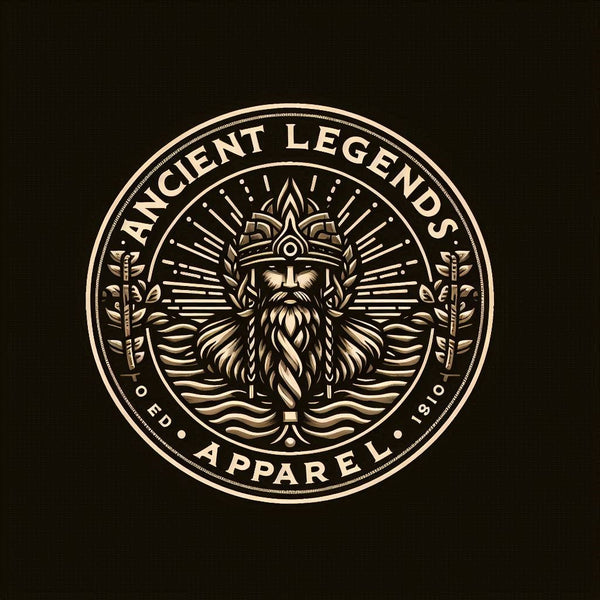Myths and Misconceptions About Legendary Queens
Karl FShare
INTRODUCTION
Throughout the ages, queens have been the subject of countless stories, with tales spinning around their power, glamour, and mystique. In many cases, these narratives have been exaggerated, leading to a plethora of myths and misconceptions surrounding these regal entities in history. Embellished by the allure of antiquity, a blend of history and lore, their stories transformed over time, extending their rule into the kingdom of legend. Much like a finely woven tapestry, these myths merge reality with imagination and offer valuable insights into the societies that create them. Just as a queen rules her realm, these women have reigned supreme in myths across cultures and generations.
ORIGIN AND CULTURAL CONTEXT
To understand the origins of these legendary queens, it is essential to ponder the societies in which their narratives first unfolded. The earliest civilizations valued power - physical, intellectual, and spiritual - and their respect for queenly figures typically originated from these perspectives. Political maneuvering, military strategies, and religious rituals often laid the foundation for stories creating a larger-than-life persona of a queen.
Whether it was in ancient Egypt with Cleopatra's famed beauty and political acumen or in Celtic lore with Queen Medb's warrior persona, these qualities and achievements were often amplified and became part of the folklore. Their stories, inextricably linked to their cultures, reflect societal values, dominant ideologies, and popular anxieties of their time.
THE LEGEND OR STORY
The myths surrounding legendary queens are as varied as the queens themselves. Figures as diverse as the Christian Saint Helena, mother of Emperor Constantine, the enigmatic Egyptian Queen Nefertiti, the legendary British Queen Boudicca, and the infamous Lucrezia Borgia of Renaissance Italy each hold a unique place in the annals of myth and history.
For instance, Cleopatra, the last Macedonian queen of ancient Egypt, is often remembered for her alluring beauty that supposedly brought mighty Roman generals to their knees. However, historical texts suggest her actual strength lied in her intellect and oratory skills. Similarly, Boudicca's revolt against Roman rule has elevated her to a warrior goddess in British folklore, while Nefertiti remains synonymous with power, beauty, and mystery.
INTERPRETATIONS AND SYMBOLISM
The legends of these queens often served as symbols within their societies, below the surface of the narrative. Cleopatra, for instance, symbolized the potency of female intellect and political shrewdness in a mostly male-dominated world. Her story challenged the traditional role of women, rendering her both admirable and threatening to the ancient mind.
Similarly, Boudicca's tale represents the embodiment of resilience and defiance against oppression. Her revolt against the Romans has been interpreted as a symbolic stand of Britain against any foreign invader, establishing her as a national symbol of courage and resistance.
COMPARISONS IN OTHER CULTURES
Across cultures, similar themes of power, beauty, intelligence, and defiance tend to emerge in the myths surrounding these queens. In Africa, Queen Amina of Zaria's military exploits span a similar narrative to that of Boudicca, whereas the cerebral path adopted by Cleopatra is mirrored in tales of the Chinese queen Wu Zetian. The recurrent themes underline universality in women's experiences, irrespective of geographical boundaries, effectively knitting a global sisterhood through lore and legend.
MODERN REFERENCES AND POP CULTURE
Modern pop culture has enthusiastically embraced the power and allure of legendary queens. From Shakespeare's Antony and Cleopatra to the 1960s silver screen epic "Cleopatra," the tale of Egypt's final queen continues to assert her influence. Similarly, Boudicca is seen as an icon of British nationalism and is celebrated in everything from the music of Enya to numerous historical novels.
LEGACY AND LASTING MYSTERIES
The myths surrounding these queens are often steeped in mystery, adding to their enigmatic appeal. Details of Cleopatra's life and death, for instance, remain the stuff of much speculation. The location of Nefertiti's tomb and the true cause of Lucrezia Borgia's death are still unresolved riddles.
However, their enduring legacy has shaped our collective imagination and view of Women's roles in history. They serve as powerful symbols of feminity, challenging traditional narratives and inspiring generations. Through their legendary tales and lasting enigmas, these queens continue to rule the realms of myth, history, and popular imagination.
